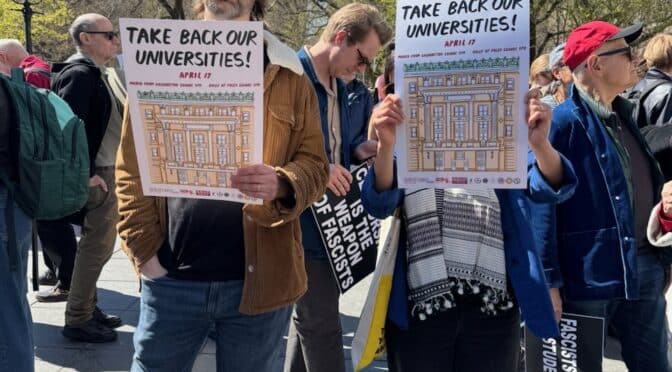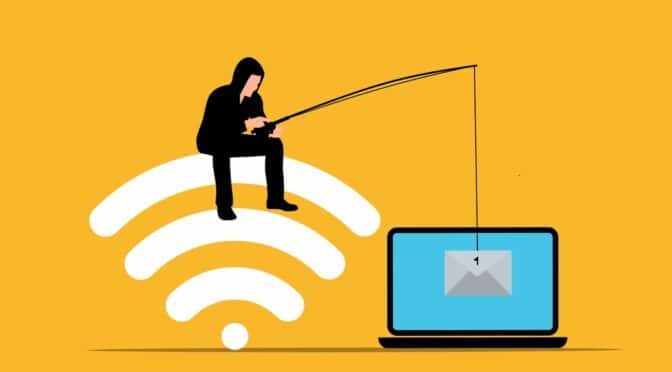As if getting old isn’t tough enough, a Brooklyn company allegedly deceived, threatened and intimated elderly people to get them to buy medical alert systems. That’s why the Federal Trade Commission (FTC) sued Instant Response Systems, also known as Medical Alert Services, and a federal judge temporarily shut them down.
The FTC charges that telemarketers for Instant Response Systems called elderly consumers and pressured them to buy a pendant that supposedly allows them to get help during emergencies. In many cases, the company claimed people who never ordered the “system” owed them money.
The complaint filed in the U.S. District Court for the Eastern District of New York alleges that the company shipped medical alert pendants to consumers that they didn’t order, along with bogus invoices. It says the company “…has repeatedly threatened consumers with legal action in order to induce and coerce payment, and has subjected them to verbal abuse. In addition, the FTC contends that Instant Response Systems has illegally made numerous unsolicited calls to consumers whose phone numbers are listed on the National Do Not Call Registry.”
Consumers who tried to fight back or refuse the product were apparently unable to reach company representatives. Those who did make contact, the FTC says, faced threats and verbal abuse, and were told they had to pay.
The defendants charged in the case are Instant Response Systems, LLC, also doing business as Response Systems, B.B. Mercantile, Ltd., Medical Alert Industrial, and Medical Alert Services; and Jason Abraham, also known as Yaakov Abraham, individually and as an officer of Instant Response Systems.
This isn’t Abraham’s first brush with the law. In 2003 he was sued by the FTC for selling international “drivers’ licenses and phony university diplomas.
There is still a nagging question. Did the medical alert pendants work in the first place. We’re going to find out.




It is months later, and they are still calling our do-not-call number. Several times a day. Dialing “5” repeatedly has not helped. Why are we not getting protection from scams like these? Some elderly might fall for this, and then pay dearly.
Alexa Fleckenstein M.D., physician, author.
Dr.Fleckenstein is this the same company?
Don’t know. They have the same name.
Thanks. We’ll check it out.